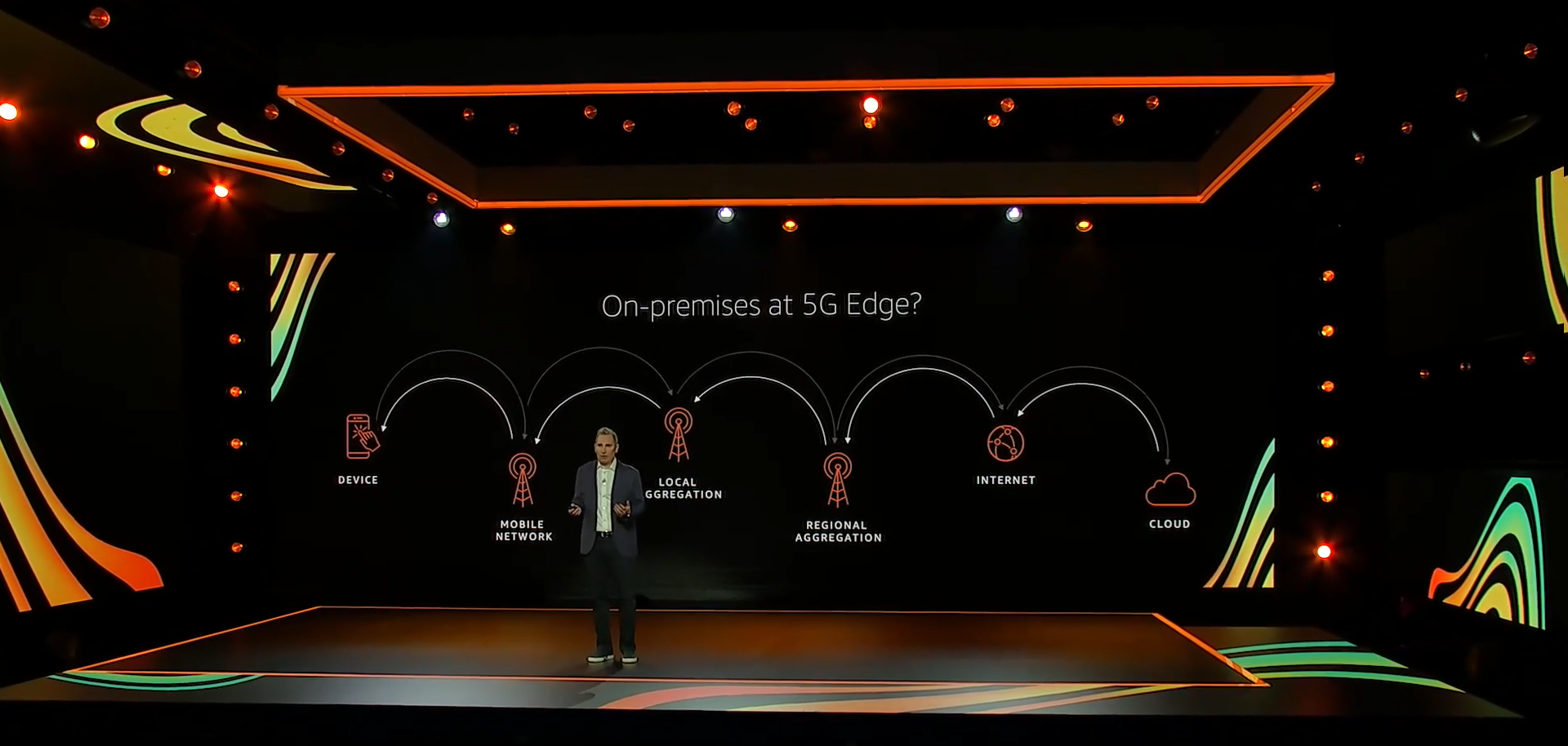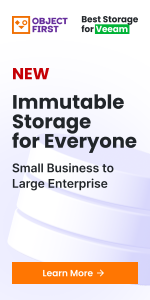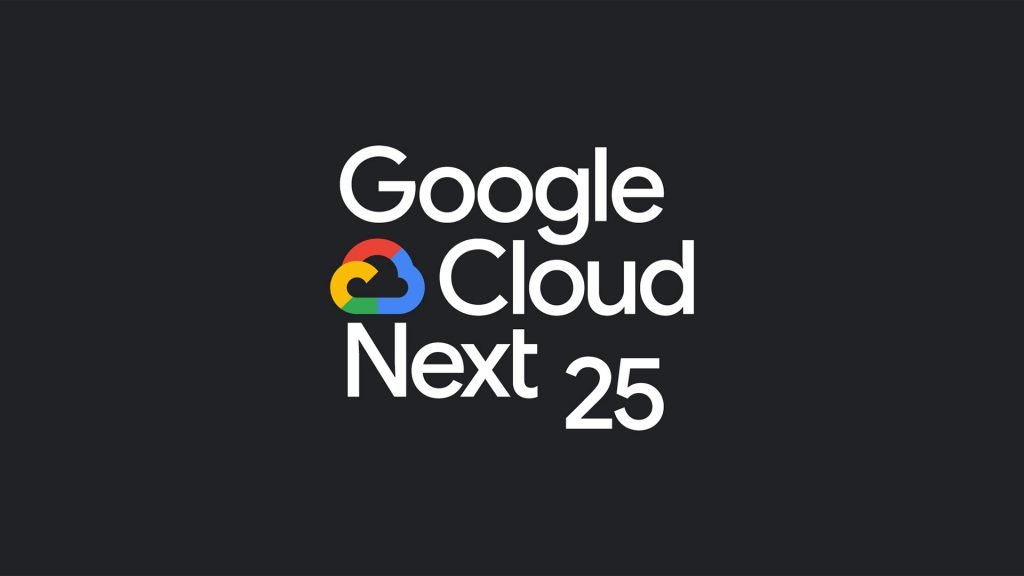Analysis Andy Jassy, chief executive of Amazon Web Services (AWS), was unequivocal about the impact of the Covid-19 pandemic on cloud transformation during his show-opening re:Invent keynote. “I think when you look back at the history of the cloud, it will turn out that the pandemic accelerated cloud adoption by several years,” he said.
Covid has, of course, meant the annual AWS jamboree has had to adapt with the times. Like Google Cloud Next OnAir in July, re:Invent is spread long: two and a half weeks, as well as part of January. Unlike Next OnAir, however, Jassy’s keynote was delivered live to an empty room, if not no audience. Virtual attendees occasionally adorned the main screen, though the additional canned applause – particularly for new product announcements – felt a trifle self-serving.
Nevertheless, the hit count was as strong as ever, alongside the expected barb or two at the competition (below). The primary areas of interest, alongside the compute and database upgrades, were focuses on IoT and particularly industry, hybrid infrastructure, as well as some interesting plays in open source.

Whither machine learning (ML), however? For the first time, ML gets its own keynote with VP AI Swami Sivasubramanian, on December 8 (0800 PST). Jassy did have a few goodies to share, though, with the most eye-opening being Amazon QuickSight Q for business intelligence (BI). Q, which uses ‘very sophisticated’ deep learning and natural language processing, promises to answer any question, in any phrasing, within seconds. “This is totally going to change the BI experience,” said Jassy.
Alongside this was Amazon DevOps Guru, which uses ML to identify operational issues long before they impact customers. Informed by ‘years of Amazon and AWS operational experience and code’, customers can be notified of any missing or misconfigured alarms, resource limits, memory leaks, or other issues that could cause outages. Bearing in mind a certain outage last week, this made for an interesting development.
AWS also announced three offerings for its SageMaker managed service: Data Wrangler, focused on ML data preparation and one of three products Jassy described as a ‘game changer’; Pipelines, described as the first CI/CD service for machine learning, and Feature Store.
Jassy spent a good chunk of his keynote focusing on industry-specific solutions, from contact centres to manufacturing. On the latter, four products were unveiled – or, rather, three and a half. Amazon Monitron focused on predictive maintenance more widely, while Amazon Lookout for Equipment – the second ‘game changer’ – is based on anomaly detection for industrial machinery. AWS Panorama Appliance enables customers to add computer vision and retrofit, rather than replace, existing cameras, while the associated SDK enables hardware vendors, conversely, to build new cameras with a greater edge focus.
The wider point, however, was that manufacturing and contact centres were only two examples of ‘reinvention.’
“If you’re an industrial company and you’ve built a culture that enables you to reinvent, you can totally reinvent what you’re doing in your industrial manufacturing company,” said Jassy. “This is true for every company in every business segment.” Nick McQuire, SVP enterprise at CCS Insight, made a different point, however: the segment showed AWS continues to take flight from its retail business, particularly the factory floor.
What stands out for me is that AWS is being much more aggressive in pulling innovation from its retail business, primarily in fulfilment & factory operations technology, but also its expertise from its Prime Air & Amazon Go businesses #reinvent
— Nicholas McQuire (@nickmcquire) December 1, 2020
There were two somewhat contentious areas where pundits hoped to see insight: multi-cloud, and open source.
The former was addressed, and arguably nixed, early on. As Jassy described eight keys to reinvention, two stood out. The first was a warning not to ‘complexify’. “The reality is, for companies who are making big transformations, it’s much easier to be successful if you predominantly choose a partner, and you get momentum and success,” said Jassy. “Later on, if you want to layer more complexity and partners, go for it, but it’s not a good way up front.” The next key: ‘use the platform with the broadest and deepest set of tools.’ In other words, AWS and nobody else.
Yet this takes the definition of multi-cloud as workloads running seamlessly everywhere, across multiple partners and environments. If you take a definition of different folks for different strokes, then this is where the hybrid infrastructure announcements come in.
AWS left this till last back in 2018 with AWS Outposts, working closely with VMware. Last year saw AWS Wavelength, a key edge play with Verizon the main partner. New announcements for both were again the last item on the menu. Outposts now come in two smaller sizes, for functionality in restricted spaces such as restaurants and retail stores, while Wavelength will gain a few new partners: KDDI in Tokyo, SK Telecom in Daejeon and, from early 2021, Vodafone in London.
Jassy took the opportunity to clearly define AWS’ view of hybrid. “It’s cloud, along with various edge nodes – on-premises data centres being one,” he said. “We think most of this computing [will be] lined up in the cloud over time, but several other workloads will reside where it makes most sense.”
From the open source side, there were two interesting moves, given AWS’ relationship with the OS software and database community has occasionally been somewhat frayed. Indeed, the company sought to ‘set the record straight’ this time last year. The first was open source EKS Kubernetes distribution – AWS also announced ECS Anywhere and EKS Anywhere, enabling customers to run ECS (container orchestration) and EKS (managed Kubernetes) in their own data centres.
The second, on the database side, was where the strongest digs at the opposition surfaced. AWS continues to see strength in Aurora, its relational database service which continues to be claimed as the fastest-growing of all services, citing Microsoft SQL Server licensing changes.
Babelfish for Amazon Aurora PostgreSQL was therefore launched as a new translation capability that lets users run SQL Server applications on Aurora PostgreSQL. Yet Jassy noted this was ‘bigger than Aurora’, and begat the OS Babelfish for PostgreSQL, under Apache 2.0 and available on GitHub next year. “This is a huge enabler for customers to move away from these frustrating, old-guard, proprietary databases,” said Jassy.

Ultimately, in spite of looking at the technology on show, Jassy insisted reinvention was leadership-focused rather than technical. He cited the CIO of a pharmaceutical company, a few years ago, who agreed with everything he said on cloud acceleration but told him: that will be the job of the next CIO. This came true, Jassy noted – but at what cost, of losing three years inventing on behalf of their customers?
One CIO who certainly does get it, meanwhile, is Lori Beer, CIO of JPMorgan Chase. Using a panoply of AWS products (above), Beer noted the ‘one of a kind’ hybrid cloud transformation. This not only included the tech side – refactoring to be cloud-native, AI and analytics, all done securely – but the huge cultural impact required. Beer praised AWS’ breadth of capabilities, as well as ‘understanding of the enterprise and willingness to collaborate on key strategic initiatives.’
For McQuire, this greater enterprise understanding may pay dividends. “We’re seeing AWS become much more purposeful with its products and doubling down on business solutions and industry verticals, especially for industrial firms that have been hit hard by the pandemic,” he said.
“In doing so, AWS is also opening up a much more direct line of communication to the C-suite as opposed to IT pros and developers where many of its solutions have courted in the past.”
You can take a look at the full list of day one announcements here.

Interested in hearing industry leaders discuss subjects like this and sharing their experiences and use-cases? Attend the Cyber Security & Cloud Expo World Series with upcoming events in Silicon Valley, London and Amsterdam to learn more.







